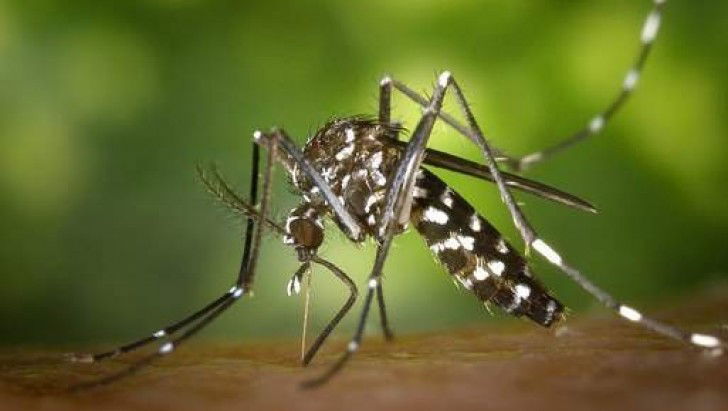Health
DNA-based Zika vaccine found effective in early human trial

New York, Oct 5: An experimental DNA-based vaccine has demonstrated both safety and the ability to elicit an immune response against Zika virus in humans, according to new research.
The Phase-1 clinical trial showed that humans who received up to three doses of the vaccine candidate produced an immune response against Zika with minimal adverse effects.
The findings published in the New England Journal of Medicine could open the door to further clinical trials for this vaccine candidate.
The GLS-5700 vaccine is a synthetic DNA vaccine that contains the instructions for the host to mount an immune response against a specific Zika virus antigen.
"With these new results, we are one step closer to hopefully finding a way to prevent infection, which can cause serious birth defects and developmental delays in babies born to women who are infected with Zika," said the study's lead author, Pablo Tebas, Professor at University of Pennsylvania in the US.
In 2015 and 2016, Zika virus spread rapidly through Brazil, the Caribbean, and even into the southern US. However, a vaccine to prevent infection has remained elusive.
For this study, the researchers enrolled 40 participants in the safety trial between August and September of 2016.
Two groups of 20 participants received either one or two milligram doses of the vaccine candidate intradermally at zero, four, and 12 weeks.
Each dosage was followed by the delivery of small electric currents into the skin at the site of injection, known as electroporation (EP), to facilitate optimal vaccine uptake, production of the intended antigen, and immune responses.
Two weeks after participants received the third and final dose of the vaccine, all of them developed Zika-specific antibodies and 80 percent of them developed significant neutralising antibodies against the virus.
No serious adverse effects were reported. Minor adverse effects included injection site pain, redness, and swelling, the study said.
"Synthetic DNA vaccines, such as this Zika vaccine candidate our team has developed, are an important approach to preventing emerging infectious diseases," said David Weiner, Executive Vice President of The Wistar Institute in the US, and co-lead author of the study.
"This novel DNA vaccine was developed and implemented in just months via a platform that has advantages in temperature stability, storage, dose, and distribution compared to most traditional vaccines, making DNA vaccines an important tool to respond quickly to curb an emerging epidemic," Weiner added.





































